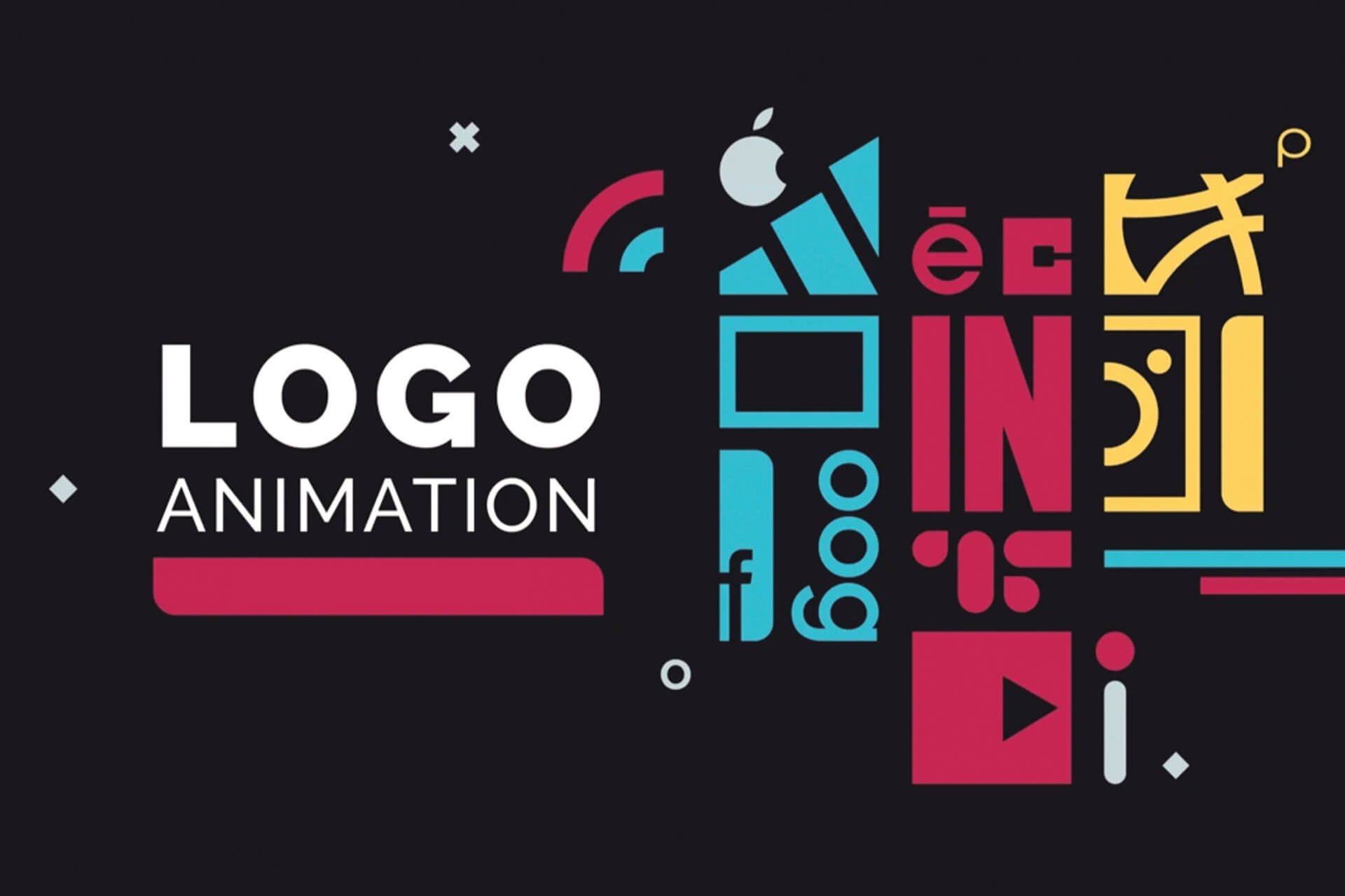Introduction
Milk, a staple food in many cultures worldwide, has undergone significant changes in its packaging over the years. While glass bottles and plastic jugs were once the norm, the rise of wholesale carton packaging has revolutionized the industry. This article will delve into the global trends in milk packaging, focusing on the advantages of milk cartons for sale, key considerations for businesses, and the role of companies like TopusaPackaging in providing high-quality solutions.
The Rise of Milk Cartons
Milk cartons for sale have gained popularity for several reasons:
Sustainability:
Cartons are primarily made from renewable resources like paper and cardboard, making them a more eco-friendly option compared to plastic.
Convenience:
Cartons are lightweight, easy to handle, and often have resealable features that enhance consumer convenience.
Versatility:
Cartons can be customized with various designs, colors, and shapes to suit different brands and product lines.
Cost-effectiveness:
Purchasing cartons in bulk through wholesale channels can lead to significant cost savings for businesses.
Key Considerations for Choosing Milk cartons for sale
When selecting wholesale cartons for milk packaging, businesses should consider the following factors:
- Material: The type of paper or cardboard used in the cartons can impact their strength, durability, and environmental footprint.
- Size and Shape: The carton’s dimensions should be appropriate for the milk volume and align with consumer preferences.
- Printing and Design: The packaging should be visually appealing and effectively communicate the brand’s message.
- Functionality: Features like resealable closures, pouring spouts, and handles can enhance the user experience.
- Regulations and Standards: Cartons must comply with food safety regulations and any specific requirements in the target market.
TopusaPackaging: A Leading Provider of Milk Cartons for sale
Topusa Packaging is a renowned company specializing in packaging, printing, and manufacturing services. They offer a wide range of milk carton options, including:
Customizable Designs:
Businesses can create unique cartons that reflect their brand identity and target audience.
High-Quality Materials:
TopusaPackaging uses premium materials to ensure the durability and safety of their products.
Efficient Production:
Their state-of-the-art facilities enable them to deliver large quantities of cartons on time.
Comprehensive Services:
In addition to manufacturing, TopusaPackaging provides design, printing, and logistics support. If you are interested in ” tea boxes wholesale ” then visit TopUSAPackaging for more information.
Global Trends and Innovations in Milk Cartons For Sale
The milk packaging industry is constantly evolving, with new trends and innovations emerging:
- Aseptic Packaging: This technology allows for longer shelf life without refrigeration, making it suitable for export markets.
- Smart Packaging: Incorporating features like QR codes or NFC chips can provide consumers with additional information or interactive experiences.
- Recyclability: Efforts are being made to improve the recyclability of milk cartons and reduce their environmental impact.
A Deeper Dive into Wholesale Milk Carton Packaging for Milk
Regional Variations in Milk Packaging
While wholesale Milk cartons have become a global standard, regional preferences and market conditions can influence the specific types of cartons used. For instance:
- North America: A combination of cartons and plastic jugs is prevalent, with a growing emphasis on sustainable options.
- Europe: Cartons dominate the milk packaging market due to strong environmental regulations and consumer awareness.
The Role of Technology in Milk Carton Packaging
Advancements in technology have significantly impacted the design, production, and distribution of milk cartons:
- Digital Printing: This technology enables high-quality, customizable designs that can be easily updated to meet changing market trends.
- Automation: Automated production lines increase efficiency and reduce costs while ensuring consistent quality.
- Supply Chain Management: Sophisticated software systems optimize inventory management and distribution to minimize waste.
Challenges and Opportunities for the Future
Despite its many advantages, wholesale carton packaging faces certain challenges:
- Competition from Other Materials: Plastic and glass continue to be popular choices in some regions, posing competition to cartons.
- Cost Pressures: Rising raw material costs and fluctuations in energy prices can impact the profitability of carton manufacturing.
- Environmental Concerns: While cartons are generally considered sustainable, there are concerns about the environmental impact of paper production and disposal.
To address these challenges and capitalize on future opportunities, manufacturers and retailers must:
- Invest in Research and Development: Continuously explore new materials, technologies, and designs to improve the sustainability and performance of milk cartons.
- Foster Partnerships: Collaborate with suppliers, retailers, and consumers to develop innovative packaging solutions that meet evolving needs.
- Promote Recycling and Waste Reduction: Implement programs to encourage the recycling of cartons and minimize their environmental footprint.
Conclusion
Milk cartons for sale have become a popular choice for the milk industry due to its sustainability, convenience, and cost-effectiveness. By carefully considering factors like material, size, design, and functionality, businesses can select the right cartons to meet their needs. Companies like Topusa Packaging play a crucial role in providing high-quality milk carton solutions that meet the evolving demands of the market. As the industry continues to innovate, wholesale cartons are likely to remain a dominant packaging option for years to come.
Custom milk cartons have played a pivotal role in the global milk industry, offering a sustainable, convenient, and versatile solution. As consumers become increasingly aware of environmental issues and demand innovative products, the future of milk carton packaging looks promising. By addressing the challenges and embracing emerging trends, manufacturers can continue to drive growth and innovation in this dynamic sector.




